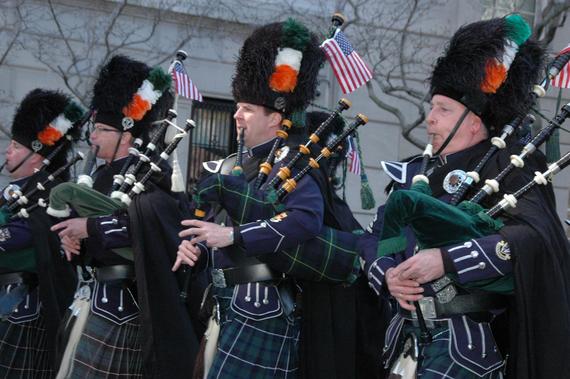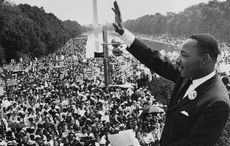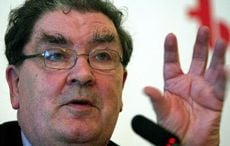John Timoney did not exactly have a great start in life in America. He came here as a 13-year-old in 1961 from Dublin.
His mother decided to return home four years later to Ireland after his father died.
John, by then 17, wanted to stay, and he did with his brother Ciaran.
He joined the cops, like so many Irish before him, and if the story ended there it would have been a total success.
His new book ""Beat Cop to Top Cop" with a foreword by Tom Wolfe no less, makes clear how far the one-time Liberties, Dublin schoolboy came.
Timoney went far. So far that he was named “America’s Top Cop” by Esquire magazine, should have been commissioner in New York but for a blatantly political appointment by then-Mayor Rudy Giuliani, and served in the top job in Philadelphia and Miami.
Along the way he became known as one of the most forward-thinking cops in America, a man who was on the cutting edge of every major policing breakthrough in recent decades.
This is a remarkably frank memoir where Timoney talks about the waste of time that so many investigations of police actions are. He says corruption is never the real problem in police forces, but finding a successful way to fight crime is.
Timoney drove down the crime level in New York, Philadelphia and Miami to record low levels. In the last two instances he was the top cop.
In New York he was chief of department under Bill Bratton, and together with Jack Maple, a genius at spotting criminal trends, they came up with the now famous strategy that transformed police departments everywhere.
As Timoney tells it, it was really about dealing with crime in a strategic fashion.
Instead of waiting for crimes to happen they analyzed patterns from previous crimes, identified areas those crimes were happening in, created task forces and empowered local commanders to deal directly with those issues.
It all sounds so easy in retrospect, but amazingly it had never been done.
“We worked to spot patterns early on, deploy resources quickly and make arrests,” Timoney writes.
They also held the famous CompStat meetings, for comparative statistics, when commanders from all over the city were brought together to talk about those trends.
As Timoney notes, such meetings were invaluable in identifying crime trends that previously had gone undetected for months.
I attended one such meeting with reporting on Timoney when he was police chief in Miami. It was amazing to hear this Irish cop dissect and analyze crime patterns in different neighborhoods in a matter of moments just by speaking to the commanders on the ground.
As Timoney points out, one of the major successes in New York was the fact that top brass at Police Plaza now knew what was happening on the street through those kind of meetings, instead of being trapped in an ivory tower.
His account of his early days as a beat cop in the Bronx, his time on the drugs squad, his spell as a captain in the Chinatown precinct all read like movie material.
It is when he is discussing policing methods, however, that the book is at its strongest.
He explains in detail how he handled massive events such as the Democratic and Republican conventions, and the Free Trade Association meeting in Miami, which had caused huge riots in Seattle.
In every case, calm and cool pre-, during and after planning worked almost to perfection.
Timoney also discusses serial rapists and the travesty that DNA from rapists is piled up in every lab in the U.S. waiting to be tested for matches, but hard-pressed police department labs are only doing a fraction of the work needed.
Timoney has proven to be a huge gift from Ireland to America. He has helped save so many lives in three American cities and has blazed the way for other police chiefs to follow him.
As Wolfe says in his introduction to the book, “Believe me, you have a treat in your hands, the product of the sharp eyes and insightful Irish utterances”… of John Timoney.




Comments